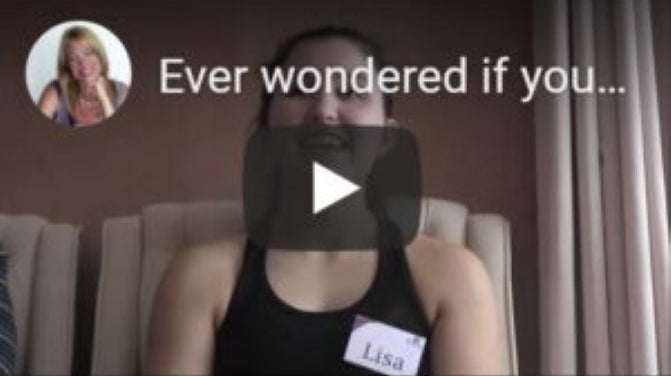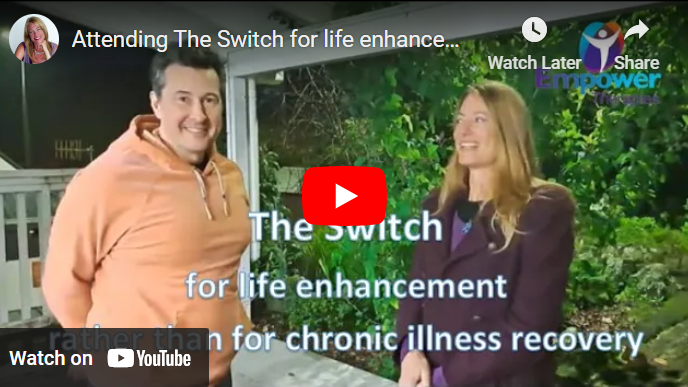
What Causes Low Self Esteem?


Self-esteem is how you feel about yourself. If you think you’re worthwhile, you’re more likely to make friends, get good jobs and have more opportunities, which in turn means that you feel even more worthwhile and the upwards spiral continues. Unfortunately, self-esteem can be a negative spiral too. Having a lack of self-worth leads to fewer opportunities and further depletions of self-worth. It’s an important cycle to break as low self-esteem has wide-reaching negative effects on your mood, behaviour, beliefs and experiences. WHAT CAUSES LOW SELF-ESTEEM?

Probably the most common cause that I have seen among my clients is having grown up with very critical parents. Other common causes can include being bullied at school, being cheated on in a relationship, or perfectionist tendencies that mean you never measure up to your own standards, even if there is a lot of evidence of your successes. Low self-esteem is reinforced by the negative self-talk in your own head and the negative beliefs you hold about yourself, so it’s important to learn strategies to change these recurrent patterns. Low self-esteem is often quite unrelated to actual success in people’s lives – I have seen several clients who were Head Girl or Boy at their school, Dux, Captain of the First XV et cetera, and yet they still think they’re not good enough. Self-esteem has far more to do with the voice in your head than with any kind of external measures of success.

I have seen clients do very well for low self-esteem. Low self-esteem is reinforced by a negative voice inside your head and an internal scanner that only notices evidence of your failures, rather than evidence of your successes. Helping people to change what they give attention to and to start rewiring their thinking patterns into positive ones is a first step to resolving low self-esteem. For some people, they also need to address an experience in their past that has sapped their confidence, or clear some old beliefs they took on from critical parents or from a bad relationship. The Switch, a four day course in a small group of people, teaches you about all of these areas, as well as giving you techniques to use on yourself to change them.

Sign up for The Switch® full programme!
1. Get your hope back about recovery being possible by watching some of the movies on this website. Just knowing that there is an answer can help people to have faith and start getting improvements.
2. People with low self-esteem are excellent at noticing all the things that they’re not good at and not noticing all the things they are good at. Spend at least five minutes working on each of the following lists and make sure that you have at least ten items (hopefully more!) on each list before you stop:
a. What do other people like about you?
b. What do you like about yourself?
c. What are you are good at?
d. What achievements have you made in your life?
e. Which good qualities are part of your personality?
f. Which aspects of your looks and your body do you think are attractive?
g. Why should someone want you as a friend?
h. Why should someone want you as a partner?
i. Why should someone want you as an employee?
j. Why should someone want you as a mother/father/daughter/sister… (whichever roles you have)?
3. Every time you catch yourself thinking negative thoughts about yourself, immediately make yourself think about positive things from your lists. If you re-route your brain often enough, you can start creating changes to those faulty neural pathways.
4. People with low self-esteem are often really bad at receiving compliments. They promptly negate a compliment or don’t believe that the person meant it. Choose to trust that someone only said something nice to you because they genuinely believe it. You wouldn’t throw a gift back at someone – you’d open it and say thank you. Treat compliments as a gift also – smile and say thank you. Then allow yourself to fully register that this person genuinely thinks this way about you. It might be another good thing to add to your list of things that are great about you!
If these suggestions fix your low self-esteem – FANTASTIC!
If these very simple interventions are not enough for you, that’s OK. We have a lot of far more comprehensive techniques and education available at The Switch that will allow you to make bigger transformations.

* Disclaimer: Mel Abbott is not a medically trained doctor. She is trained in psychology and neuro-linguistic programming. She uses mind-body interventions to help calm the stress response and allow natural healing to occur in the body. This can be used alongside mainstream treatments if you choose. She does not offer diagnoses or medication advice. She recommends that clients return to their doctors after her treatment to confirm that they no longer have their condition and to be advised about safe weaning from their medication.
Mel does careful assessments prior to the programme and only offers places to people whom she thinks would benefit from it. She follows up with all her clients at several junctions after their course and collates the data from their feedback forms to produce the statistics on this website. She is therefore confident that her interventions are helping over 80% of her clients to achieve significant improvements to their health. While many clients report that they have made a full recovery, Mel cannot guarantee this outcome. So far there are no independent research studies or peer reviewed journal articles about The Switch®, though she would welcome such studies to take place.
Sign up here to receive your free info starter pack, and to receive 4-5 newsletters per year with inspiring stories, techniques to use on yourself, and event updates. Every email has an unsubscribe button, which will remove you from our database.


